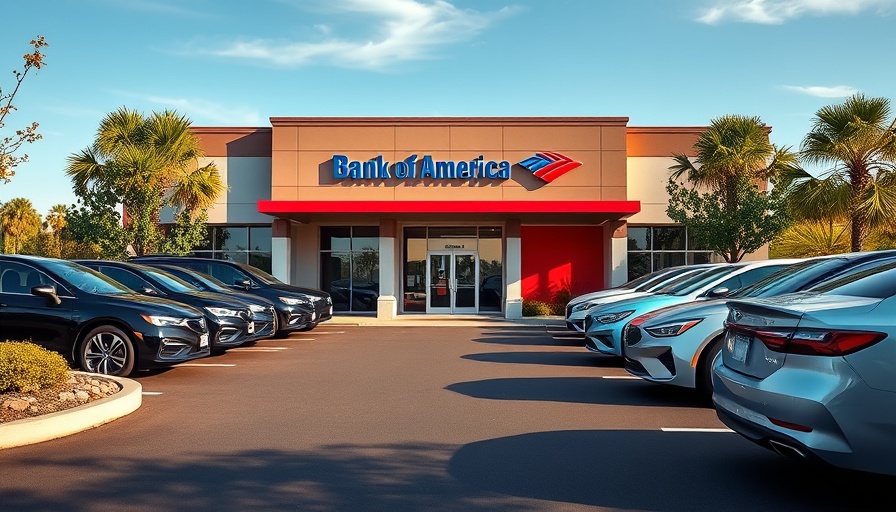
The Current Landscape: How Tariffs Are Shaping Car Purchases
In recent months, tariffs imposed by the Trump administration have reverberated through various markets, bringing about significant changes to consumer behavior in the automotive sector. According to a survey by Edmunds, 44% of car shoppers are letting tariff news influence their purchasing decisions, while an additional 31% consider tariffs a somewhat significant factor in their choices. This means that a whopping 75% of consumers are adjusting their plans based on these developments, showcasing the power of policy changes on consumer psychology.
Understanding the Psychological Impact of Tariffs
The emotional toll stemming from tariffs is profoundly shifting how potential buyers approach their purchases. Facing the prospect of escalating prices, many shoppers are rushing to buy vehicles to lock in current pricing before any tariff-related increases kick in. While some are proactive in their buying, others are experiencing paralysis by analysis, uncertain of when the best time to make a purchase might be.
This duality in consumer behavior illustrates a market in flux. For instance, 55% of shoppers feel informed enough about how tariffs influence prices, causing them to exhibit a sense of urgency. Conversely, the 21% who admit to having little understanding of tariff implications are likely to adopt a wait-and-see approach, which ultimately creates a tipping point for the market.
Shifts in Preference: The Rise of Used Vehicles
Compounding the anxiety around new car purchases is a growing trend towards used vehicles, particularly certified pre-owned (CPO) options. A notable 58% of respondents in the Edmunds survey expressed a preference for used vehicles rather than new ones, largely attributed to rising prices associated with tariffs. Additionally, with added financial pressure, many consumers are turning to used cars as a more affordable and financially sound option. This trend represents a critical pivot in buying habits, wherein financial savvy becomes a priority in automotive purchases.
Actionable Insights for Dealerships
For dealership principals and GMs, understanding the nuances of the current market landscape is essential. As consumer behavior shifts, dealerships can optimize their offerings to align with these changes. It might be prudent to enhance the marketing of certified pre-owned vehicles, which are currently favored by many buyers looking for more affordable alternatives.
With many consumers closely watching financing options, dealerships should ensure transparent communication regarding used car financing rates, and provide tools such as used car loan calculators to facilitate informed decisions. Highlighting competitive rates will cater to the growing segment of buyers prioritizing cost-effectiveness amidst tariff-related uncertainty.
Future Trends: What to Expect
As tariffs continue to evolve, consumers will remain vigilant. Trends indicate that ongoing market volatility may fuel the used car sector even more. Dealerships should focus on creating confidence among buyers by offering programs that showcase value in used vehicle financing, such as low-interest rates and flexible payment plans. This not only improves customer satisfaction but fosters loyalty during turbulent times.
Final Thoughts: Navigating Uncertainty
Understanding the landscape shaped by tariffs is not only crucial for dealerships but also for consumers. Those considering their next vehicle purchase can make informed decisions about used car financing and current interest rates. Being part of this evolving narrative will empower both buyers and dealerships to navigate the complexities of the automotive market effectively.
In conclusion, it's vital for dealerships to adapt and respond proactively to the shifting dynamics caused by tariffs. Engage with your customers and make sure they have access to the best information regarding car financing. Whether you're looking to understand loan rates or how to refinance an auto loan, empowering consumers will ultimately lead to more informed and confident car purchases.
 Add Row
Add Row  Add
Add 




Write A Comment